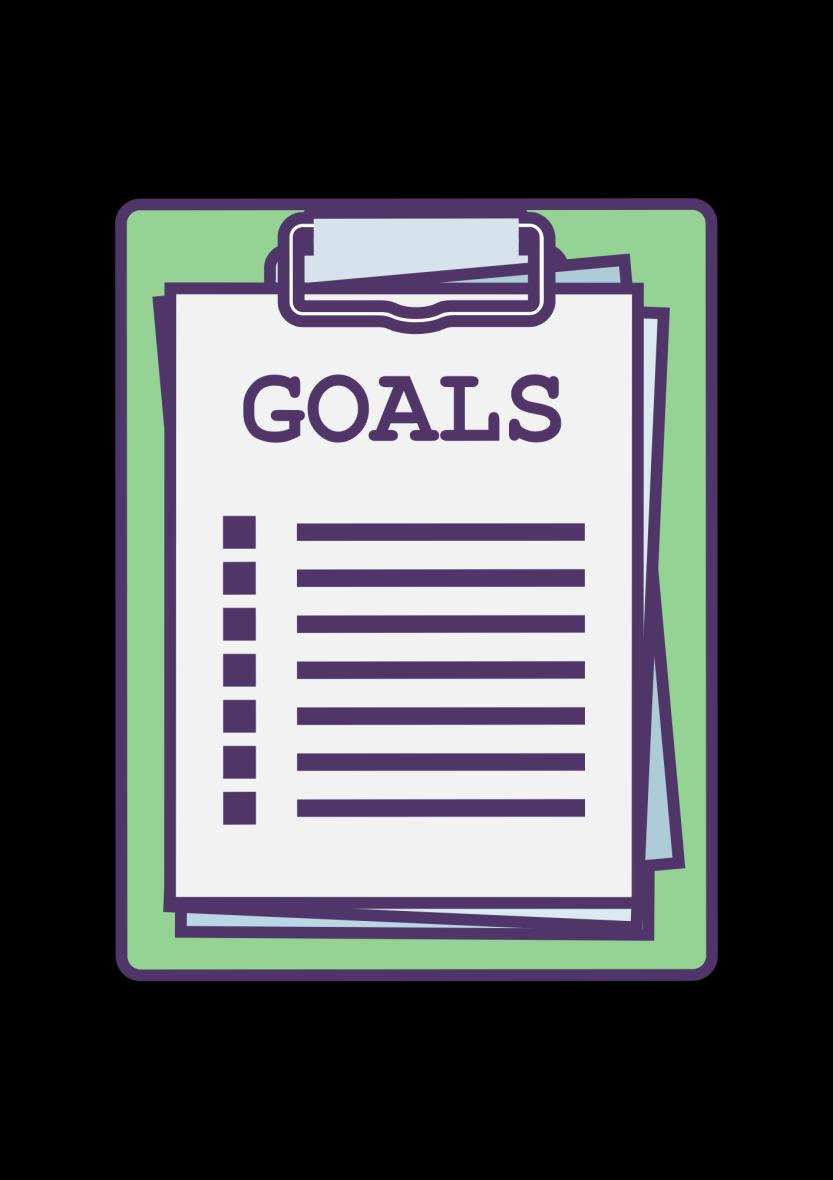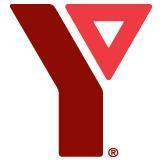

Let’s Get to Know Each Other!
Everyone has 30 seconds to tell us:

● Your name
● Where your favourite subject is
● What grade you are in
Then answer one of the following questions:
1. Who is the funniest person you know and why?
2. If you could travel anywhere, where would you go?
3. How would you describe your future in 3 words?
4. What is something you can do now that you couldn’t do a couple of years ago?
Workshop Goals
Today we are talking about finding and applying for jobs and other work opportunities in Canada. The goal of this webinar is to provide you with guidance and tips on how to find opportunities and apply for them.
We are going to go over:
● Where to find opportunities
● How to apply online

● How to apply in-person
● Thinking about the future


Different Types of Opportunities
What different types of opportunities are out there for us?
● Jobs - full time, part time, and seasonal paid work opportunities
● Volunteering - committing time in exchange for work-like experience
● Co-op Programs - temporary work experience programs through schools
● Internships - short-term paid work for a specific position or duty
● Apprenticeships - a combination of job training and classroom learning

Finding Opportunities
Where can we find opportunities?
✔ Out in the community
✔ Referrals
✔ Schools
✔ Online
*Handout - Finding Jobs in Your Community

How Do You Know if it’s The Right Opportunity?
● How do you know if it's the right opportunity?
o Researching opportunities is key to
▪ knowing if it is a legitimate role and organization
▪ understanding the job duties and responsibilities

▪ assessing your availability with the needs/requirements of the opportunity
▪ understanding what the company is offering to those who work or volunteer for them
▪ knowing if you are able to get there (ex; is it accessible via public transportation)
● What to look for:
o The job advertisement (ad) description, qualifications, and requirements
o The company's mission and values
o Team/career pages on their company website
o Employment reviews
o Ask around for more information from your network
Advice From Other
"My sister used to work there and after two weeks of working there she told me about a job"
"You should volunteer before you find a job so you can get experience. You need it for your resume"
"You have to know how to look for a job. Look online"
"Research the job before you apply – see requirements so you can put that on your resume"
"The job description – if it fits my interests I'm going to apply"


Applying Online
Online application checklist
❑ Have your resume and cover letter customized and ready for upload

❑ Create a user account for the website (if required)
❑ Check on how the company wants you to apply (job searching site, company website, or email)
❑ Write down your job applications to keep track of where you have applied
❑ Note the date, company, position, website, any contact information from your application
❑ Note when you should follow-up about your application (consider the closing date for applications)
❑ Record somewhere in your records that you have applied for the job/opportunity so you don’t apply again
❑ Take note of any contact information or method to follow up on your application
Subject Title: Sanjay Kapoor’s Resume for the Administration Co-op
Position with LT Construction
Dear Hiring Manager___________,
I was thrilled to see the opportunity for the ___________________ position with _________________. You will see with my experience in ________________ and _______________ that I would be a great fit. I also have a passion for ________________ so I’ve attached my resume and cover letter and look forward to connecting further with you. Thank you,

Applying In-Person
Tips for applying to jobs in-person:

● Choose your timing wisely (dropping off your resume and cover letter before or after the busiest hours)
● Introduce yourself
● Ask for the manager/supervisor
● Provide your resume and ask for an application
● Be prepared to answer questions (research the company and positions before dropping off your resume)
● Ask for their name and contact information


Social Norms and Cues
Social norms are common tendencies and unwritten rules of acceptable actions/behaviours within a group, community, and/or culture.
Social Cues are ways of communicating a message beyond the meaning of words. Cues can be body language, tone of voice, facial expressions, personal space, and/or boundaries. People usually "read" social cues to determine how to respond or react.

Social Norms in Canada
Here are some common social norms in Canada:

• Being on time is highly valued when it comes to getting to work and school (10 – 15 minutes early)
• Waiting your turn in line, not pushing ahead or “butting” ahead of someone who was waiting in line
• Turning your phone ringer off when you are meeting with someone
• Making eye contact and smiling often
• Respecting the environment and not littering or leaving your garbage behind
Social Norms in Canada (continued)
• Respecting privacy: keep it light/small talk, avoid sensitive topics (politics, for example)
• Informality: most times, you can call people by their first name

• Shaking hands with a firm grip when meeting or greeting someone in a formal setting (make eye contact and smile)
• Thanking someone when they hold the door for you and then holding the door for others
• Offering to help and thanking someone when they help you
• Saying hello to everyone you meet or see at work
Social Norms When Meeting an Employer

When applying for a job in Canada, here are some more tips to keep in mind when it comes to social norms and cues when communicating:
1. Keep an even and calm tone when speaking
2. Due to Covid19, when you meet a potential employer there is no longer an expectation to shake their hand
3. When speaking with a manager, check their body language and if they start to turn their body or back up, the conversation is ending and it's time to thank them for speaking with you
Applying In-Person Practice Exercise
You are applying for your dream job!
Take a few minutes to think about how you would introduce yourself to the hiring manager and include the following important information:

• Your name
• Show your interest in working there and what interests you
• Which skills you would like to highlight when introducing yourself
• If you have your resume or would like an application
Then answers to the next questions:
• Why do you want to work here?
• Are you in school and what is your availability?
• How does working at this store help you reach your future goals?
• Why would you be a great addition to our team?
After you have answered these questions, try to practice with someone else.
Summary – Applying for Opportunities
Your To-Do List
❏ Look for opportunities online and in your community
❏ Apply online using the online application checklist
❏ Apply in person using the in-person application checklist
❏ Practice introducing yourself and answering a few questions
❏ Review the tips about social cues and norms in Canada

All the Feelings
What feelings or emotions might come up when applying for a job?
Our feelings and emotions can be important to identify, process, and manage during our job search, job interviews, hiring process, and employment.

● Emotions: show up in our body like clenching your jaw, sweaty hands, fluttering in the stomach...
● Feelings: are our thoughts and brought on by emotions and our environment
All the Feelings
What are some things you can do to calm your nerves before applying for a job in-person?

● Practice and prepare for speaking
● Plan your transportation
● Practice deep breathing techniques before you arrive
● Remember that they need people to run their business or contribute to their organization and they want people to work there
All the Feelings
What about after you apply, what feelings could come up then?
Negative feelings
• Pressured
• Rushed
• Overwhelmed
• Worried
• Nervous
• Nauseated
• Hesitant
• Embarrassed
• Disappointed
Positive feelings
• Optimistic
• Joyful
• Relieved
• Successful
• Confident
• Brave
• Thankful
• Inspired
• Excited
All the Feelings
What can you do to process and move through these feelings?
● Acknowledge that you are feeling something, name it, and accept how you're feeling
○ Acknowledge what's going on inside (thoughts and body – sweaty palms for example).

○ Accepting doesn't mean we do nothing about it or that we enjoy what we're going through. It means we understand that we can feel different things.
● Think about what is causing these emotions/feelings
○ Feelings can be changed! The thoughts associated with our feelings are not necessarily facts.
○ What are the facts? What is emotion?
● How to cope with them
○ Mindfulness, deep breathing, meditation
○ Physical activity and exercise
○ Get organized, set goals, visualize your future
○ Positive self-talk/affirmations
○ Ask for support
● Ask yourself, what can you learn from your feelings
○ Even negative feelings have a purpose: they can keep us safe and motivate us to make changes and improve
Thinking About the Future
You are just starting out in the work world and have many years to explore your future profession.
Use the Future Career Planning Worksheet

to:
✓ Assess how thinking about the future makes you feel and why
✓ Discover interests and careers that align with your values and talents
✓ Learn how to plan and what steps you need to take to accomplish your career goals
✓ Use resources to find opportunities you might not know are out there
Tip: You can use this worksheet over and over again to explore different careers and opportunities
If you have any questions on today’s workshop, your School Settlement Staff will be happy to go over them at your next check-in meeting.




